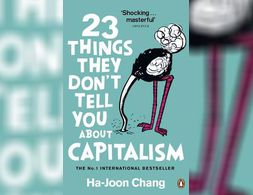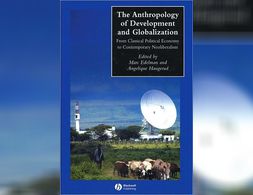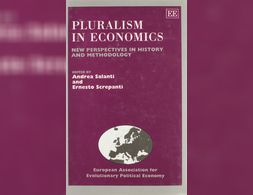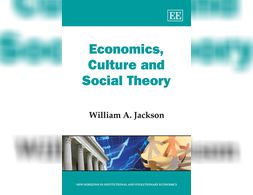476 results
Contributions throughout the Handbook explore different theoretical perspectives including: Marxian-radical political economics; Post Keynesian-Sraffian economics; institutionalist-evolutionary economics; feminist economics; social economics.
What do modern academic economists do? What currently is mainstream economics? What is neoclassical economics? And how about heterodox economics? How do the central concerns of modern economists, whatever their associations or allegiances, relate to those traditionally taken up in the discipline?
Contending Economic Theories offers a unique comparative treatment of the three main theories in economics as it is taught today: neoclassical, Keynesian, and Marxian. Each is developed and discussed in its own chapter, yet also differentiated from and compared to the other two theories.
































